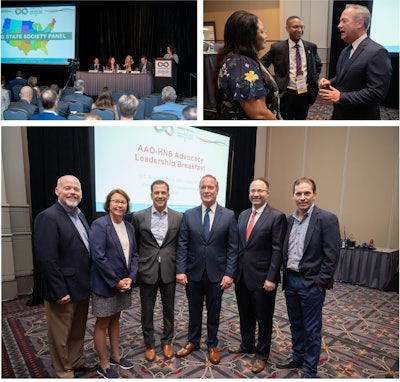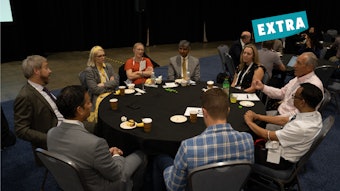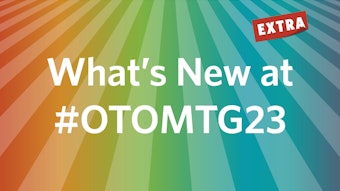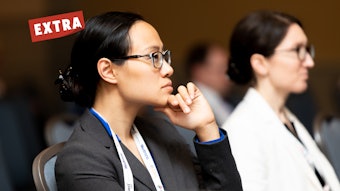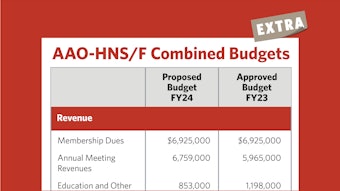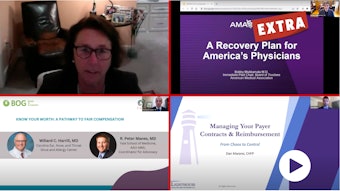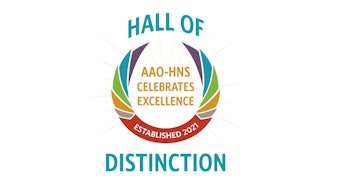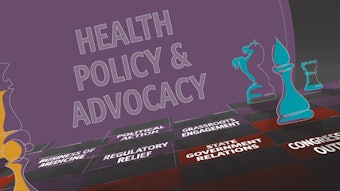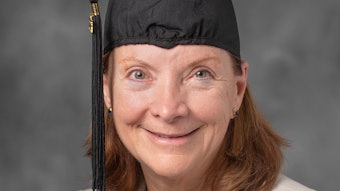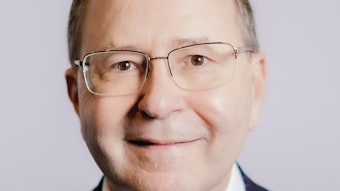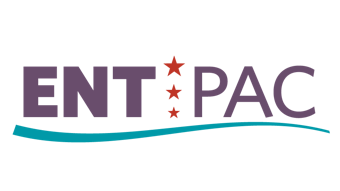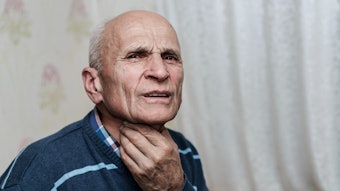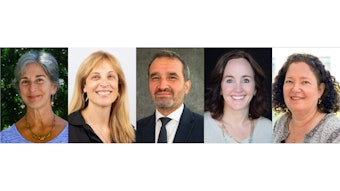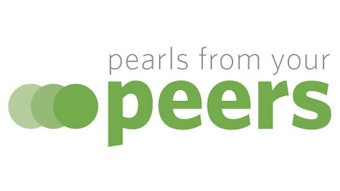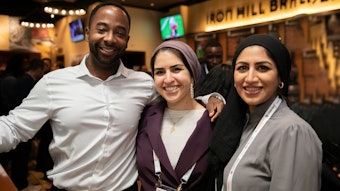WATCH: Get Engaged During #OTOMTG23
Annual Meeting Program Committee members join Dr. Chelius in discussing the state-of-the-art program that awaits attendees in Nashville, Tennessee.
Eileen M. Raynor, MD, (Member), with an introduction video from Daniel C. Chelius, Jr., MD, (Coordinator)
With registration now open for the AAO-HNSF 2023 Annual Meeting & OTO Experience, Annual Meeting Program Coordinator Daniel C. Chelius, Jr., MD, invites Annual Meeting Program Committee members Elizabeth S. Willingham, MD, and Katherine Kavanagh, MD, and Annual Meeting Program Coordinator-elect Cecelia Damask, DO, to highlight the state-of-the-art program that awaits attendees in the host city of Nashville, Tennessee.
The Value of Advocacy Year-Round with Spotlight Programs During #OTOMTG23
The importance of political advocacy: why it’s more important than ever to speak up and speak out for our patients, our profession, and our specialty.
Eileen M. Raynor, MD
Advocacy takes many forms and can be as easy as sending a form letter from the Academy to your members of Congress or giving the ENT PAC*. Going up to Capitol Hill or visiting your federal or state legislators in their offices are great ways to be an active part of the legislative process. Getting involved with your state otolaryngology society (or starting one if you don’t have one) and your state medical society provides additional opportunities to let your voice be heard. Whichever way you choose to be involved, doing something is critical to keep issues that impact our patients and physicians on the legislative radar.
Healthcare has become increasingly more politicized and complex over the decades since the mid-1960s when the Medicare program was initiated to help older Americans obtain healthcare coverage as they entered retirement. Over time there have been many government programs and interventions intended to provide insurance for the uninsured or underinsured, including the Children’s Health Insurance Program (CHIP), Medicaid, and the Affordable Care Act. Along with these programs, government attempts to control healthcare costs have created many challenges such as tying Medicare payments to the sustainable growth rate (SGR), leading to the threat of recurrent steep payment cuts that have to be stemmed by congressional action on an annual basis.
Over time, newer payment models such as Medicare Access and CHIP Reauthorization Act of 2015 (MACRA) and alternative payment models (APM) have attempted to maintain adequate levels of provider reimbursement, but they have failed and created confusion regarding documentation and reporting requirements. Recent federal healthcare legislation has yielded mixed results. The implementation of the “No Surprises Act,” which was enacted to protect patients and provide transparency for out-of-network healthcare costs, has been fraught with conflict as evidenced by the multiple federal lawsuits pending on the law. The “Improving Seniors’ Timely Access to Care Act,” despite not being passed in the Senate in the 117th Congress, was a win for healthcare providers and patients by streamlining the prior authorization process to ensure timely patient access to treatment or necessary testing. Most recently, in December, CMS issued a proposed rule, supported by the Academy, that aimed to reduce provider burden by improving prior authorization processes and interoperability. Because of a constantly shifting system with differing legislative priorities, the need for physician advocacy becomes paramount.
In addition to continued efforts to reduce healthcare costs, there are other threats to our profession and specialty. Truth in advertising has been proposed to educate the public on the difference between a physician and other “doctors,” including doctors of audiology. National audiology groups repeatedly propose legislation for unrestricted access to Medicare patients without any physician oversight. In addition, states are increasingly seeing the introduction of bills to allow independent, autonomous medical practice by advance nurse practitioners, certified nurse anesthetists, and in some cases PAs (physician assistants). This trend has been shown to increase healthcare costs and fragment team-based care, thereby impacting patient outcomes. As physicians, we have a duty to protect all aspects of our patients’ health, something that we can only achieve by meaningful physician advocacy.
Patient safety is another critical area where advocacy matters. One excellent example is the American Academy of Pediatrics (AAP) button battery task force, which has worked diligently to improve the safety of button batteries including packaging and redesign to decrease the devastating risk if the battery were to be ingested. Strong physician advocacy led to increased public awareness about the dangers of detergent pod ingestion as well as improved safety packaging. Further, child car seats, safety belts, and safer technology, including back-up cameras, have all been implemented to improve public safety. However, even in the area of public safety, politization has sewn seeds of mistrust and fed misinformation—most recently surrounding the COVID-19 pandemic, vaccines, and masking. Pediatricians have had to work overtime to get children up to date on their childhood immunization schedules and reassure the public about vaccine safety considering the misinformation surrounding vaccines and autism. In the era of social media and a plethora of medically related health misinformation, physicians need to remain diligent in pushing for truth in science and advocating for patient health, education, and public safety.
Our Academy and the Board of Governors (BOG) are particularly engaged in both national and state advocacy efforts. The AAO-HNS maintains a list of key contacts, via the State Trackers program and Project 535, who can be called upon to reach out to their state legislators or U.S. representatives or senators regarding urgent legislative actions. These volunteer physician advocates monitor upcoming bills and rely on the grassroots membership (YOU!) to provide information about what is occurring in your home state. Ways to get more involved are numerous including working with your state otolaryngology or state medical society, giving to the ENT PAC* that helps fund campaigns of candidates from both parties who support physician and patient interests, and answering when called upon to reach out to your representatives on important health-related topics. Additionally, serving as an expert consultant is rewarding and a great way to help educate our lawmakers on a variety of health-related topics. Together we are one, and this is why every single otolaryngologist needs to be involved and engaged. Our voice is strongest when we work together on behalf of our patients and our specialty.
Get Engaged in Advocacy at the AAO-HNSF 2023 Annual Meeting & OTO Experience
There are many opportunities to learn about advocacy and to get engaged in AAO-HNS advocacy efforts at the Annual Meeting in Nashville, Tennessee, this fall. The BOG organizes much of the Academy’s socioeconomic and grassroots advocacy programming, including the BOG committee meetings and General Assembly, which are open to all attendees on Saturday afternoon, September 30. BOG members are some of the most knowledgeable teachers and welcoming colleagues when it comes to advocacy. Most Academy committee meetings throughout the Annual Meeting are also open to all attendees and often address specific advocacy opportunities. Committee meetings will take place daily at 6:45 am and at noon Sunday through Tuesday. The full committee meeting schedule will be available in the Annual Meeting program.
Our Annual Meeting faculty will offer many different perspectives on advocacy during Panel Presentations and Expert Lectures throughout the education program. Some advocacy highlights include:
- Hot Topics in Otolaryngology Coding
- Capacity in Pediatric Otolaryngology Globally: A Rising Tide Raises All Ships
- Crucial Conversations: The Future of Otolaryngology Education
- Caring for Marginalized Populations: Tips and Pearls
- Resource Depletion in Otolaryngology: Managing Patients When Barriers Exist
- A Sustainable Future for Otolaryngology
- Gender Equity: How Do We Narrow the Gap?
- Unlocking the Power of Allyship to Advance Health Equity
- How Healthcare Policy Affects Otolaryngology Practice: Primer on Health Services Research
In addition, the Executive Vice President/CEO Spotlight Series by James C. Denneny III, MD, will also include the most current updates on critical socioeconomic and legislative issues facing our field.
*Contributions to ENT PAC are not deductible as charitable contributions for federal income tax purposes. Contributions are voluntary, and all members of the American Academy of Otolaryngology–Head and Neck Surgery have the right to refuse to contribute without reprisal. Federal law prohibits ENT PAC from accepting contributions from foreign nationals. By law, if your contributions are made using a personal check or credit card, ENT PAC may use your contribution only to support candidates in federal elections. All corporate contributions to ENT PAC will be used for educational and administrative fees of ENT PAC, and other activities permissible under federal law. Federal law requires ENT PAC to use its best efforts to collect and report the name, mailing address, occupation, and the name of the employer of individuals whose contributions exceed $200 in a calendar year.
